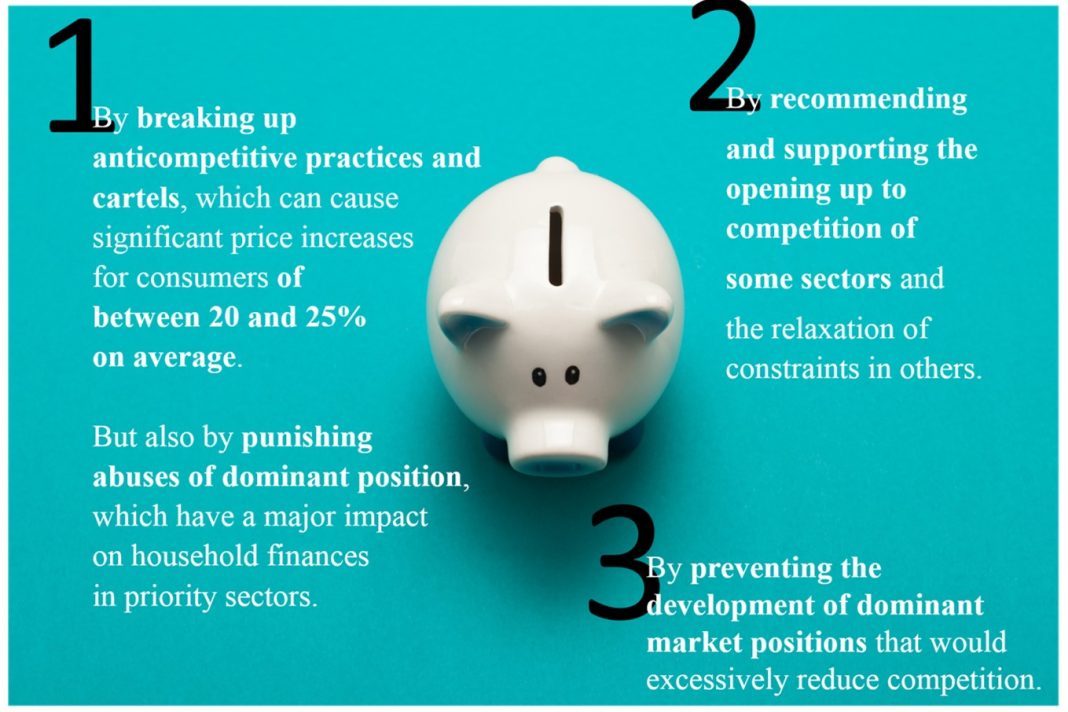 Dispute Between Fintech Startup and Banking Partners Leaves Americans Without Access to Funds for Weeks
Dispute Between Fintech Startup and Banking Partners Leaves Americans Without Access to Funds for Weeks
A dispute between a fintech startup, Synapse, and its banking partners has left potentially millions of Americans without access to their money for nearly two weeks, according to recent court documents. Synapse, which serves as a middleman between customer-facing fintech brands and FDIC-backed banks, has been embroiled in disagreements with several partners regarding the amount of customer balances it owed. The situation worsened in April when Synapse filed for bankruptcy following the departure of key partners, leading to the cutoff of access to a technology system that facilitated transactions and account information processing.
The fallout from the dispute has left users of various fintech services stranded without access to their funds. For example, one customer, Chris Buckler, stated in a court filing that his funds at the crypto app Juno were locked due to the Synapse bankruptcy. Buckler expressed desperation, saying that he had almost $38,000 tied up because of the halting of transaction processing. Another customer, Joseph Dominguez, reported having over $20,000 held up in his Yotta fintech account and expressed concerns about the potential loss of money if Synapse fails to provide necessary documents to prove ownership.
Synapse had contracts with 20 banks and 100 fintech companies, serving approximately 10 million end users. The company, backed by Andreessen Horowitz, positioned itself as the largest “banking as a service” provider in the U.S., enabling fintech firms to offer services like checking accounts and debit cards. Former partners included well-known fintech companies such as Mercury, Dave, and Juno.
The situation highlights the vulnerabilities within the banking as a service (BAAS) partnership model and sheds light on potential blind spots in regulatory oversight. The BAAS model, utilized by companies like Chime, allows startups to leverage the capabilities of small FDIC-backed banks. While customers believed their funds were as safe and accessible as any other FDIC-insured account, the current dispute has shown otherwise.
Regulators have yet to intervene in the dispute, mainly because the underlying banks involved have not failed. Typically, the FDIC would step in to protect customers in such cases. However, the lack of regulatory involvement has left millions of affected individuals unable to pay mortgages or buy groceries. Jason Mikula, a consultant and newsletter writer following the case closely, emphasized the severity of the situation, noting that it is a disaster on a large scale.
In an effort to raise awareness about the issue, Chris Buckler urged the judge overseeing the case to help affected customers. He expressed frustration that the federal government has not taken action to assist those affected by the dispute. Buckler emphasized the importance of understanding that although funds may be safe at a bank, they are not secure if the fintech or processor fails. He compared the situation to previous incidents, such as the FTX scandal, where customers lost money due to questionable practices.
The long-lasting effects of this dispute remain uncertain, as customers continue to be locked out of their funds. The case serves as a warning about the potential risks associated with fintech services and highlights the need for enhanced regulatory oversight to ensure the safety and accessibility of customer funds.


